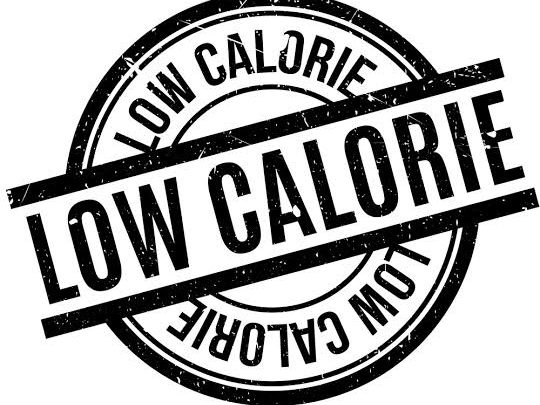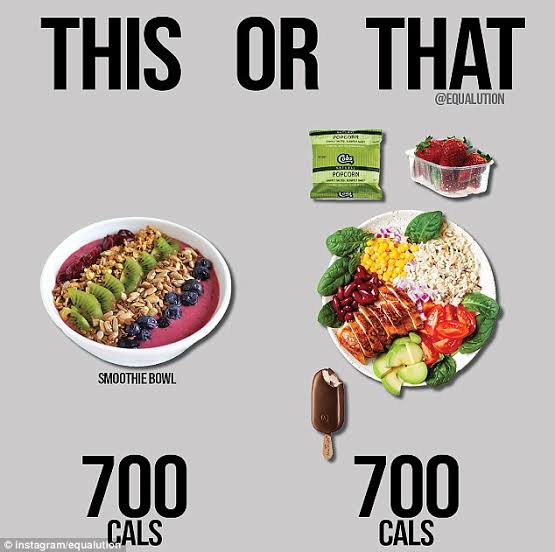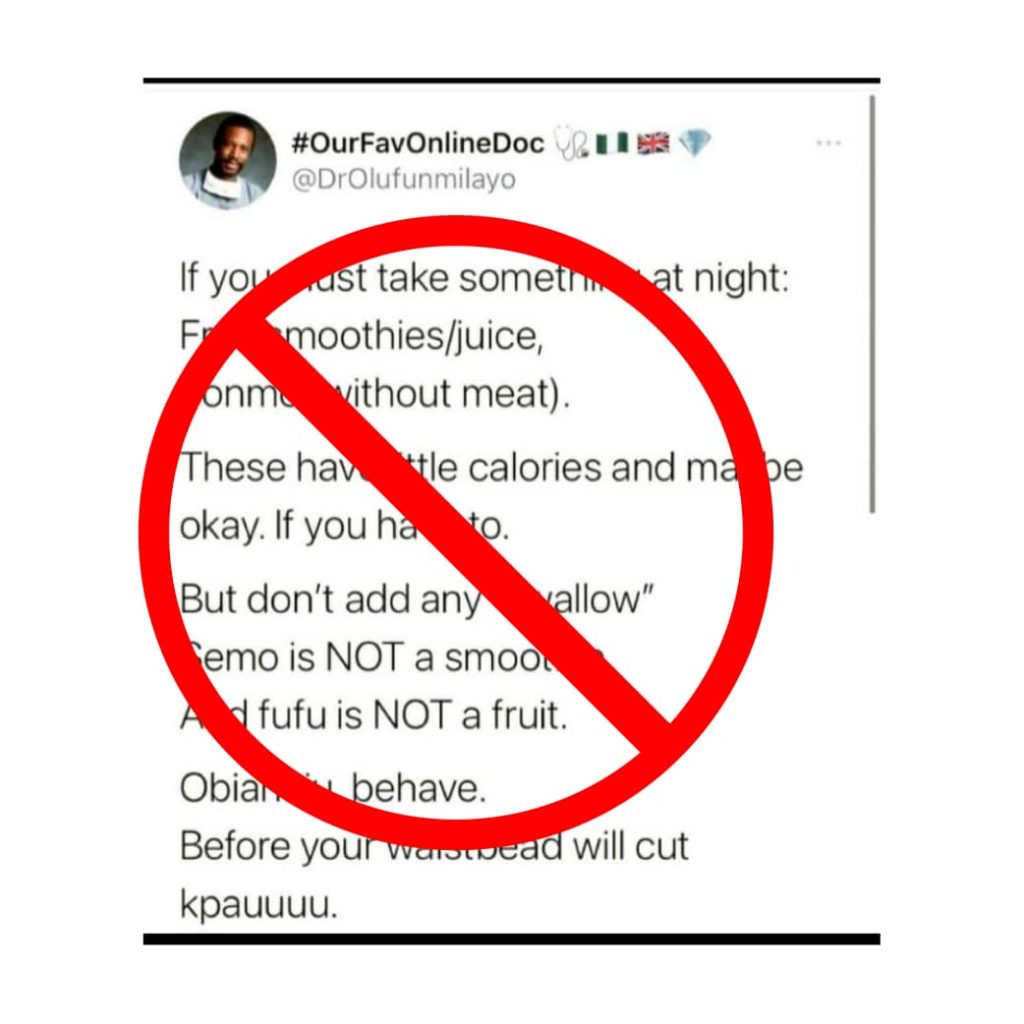Smoothie is a drink made from raw pureed fruits and/or vegetables. Smoothie could be prepared by blending various fruits pulps and juices with or without any addition of external sweetener, acidulant, and preservatives. Smoothies may be made using other ingredients, such as crushed ice, sweeteners (honey or sugar), vinegar, whey powder, chocolate, or nutritional supplements, among others by personal choice.
Smoothies have been touted as a health drink with numerous health benefits such as having little or no calories, promotes weight loss, boosts the immune system, help cleanse and detoxify the colon, rids the body of toxins, help skin and hair health, and even for the big bum.
Smoothies, no doubt do have numerous health benefits, however, the healthfulness of smoothies depends on the quantity of fruit/vegetable blend and other ingredients added. Commercially available smoothies contain added sugars, fats, and food additives.

But are smoothies really low in calories?
For example, the average nutritional composition of a typical three (3) fruits blend smoothie containing only 100g each of Banana, Pawpaw, and Pineapple;

From the above information, it is obvious smoothies are calorie dense drinks. The total caloric content can increase with every addition of other ingredients such as Yoghurt (100 g of plain yoghurt from whole milk contains approximately 70 calories), Honey (1 Tablespoon/21g-64 calories), Chocolate (100g Dark Chocolate-546 calories), Ice cream (100g Vanilla-207 calories, Fat-free Vanilla-138 calories). Going by these additional ingredients, the total caloric content of the above smoothie will amount to a whopping 1000kcal!!!
According to dietary guidelines, estimated calorie needs per day for an average person ranges between 1800-3000 kcal/day (this depends on sex, age and physical activity level).
Hypothetically, a person whose caloric recommendation/day is 2000kcal drinking the above smoothie of 1000kcal would have consumed 50% of his/her calorie needs in just 1 DRINK!
So, if you are still wondering why you haven’t shed that extra fat around your waist or lose weight while you religiously indulge in your morning and nightly cups of weight loss smoothie with an extra topping of chocolate, yogurt, and cheese.

Therefore, smoothies do contain calories depending on the ingredients used. Please be reminded, “swallows like semo and fufu” are not the only culprits.
I’m not saying smoothies are bad, in fact they are great ways of adding more fruits and vegetables to our diet which are best sources of vitamins, minerals and antioxidants. Also, smoothies are better than fruit juices cos they are blended whole and are not sieved thereby retaining fibre and more nutrients.
But if you must take smoothies, take the following precautions;
- prepare it yourself, homemade smoothie is your best bet.
- be mindful of the quantity and fruit/vegetable combination, pair low calorie fruits/vegetables (Apple, Orange, Watermelon, cucumber etc.) with high calorie fruits/vegetables (Coconut, Banana, Mango, Carrot etc.).
- don’t use overly ripe fruits/vegetables, they contain more sugars and less fibre.
- take it easy on additional ingredients and flavours, they add to the overall calorie content
- don’t take it at night and if you must, take into consideration your whole meal as it adds to your overall caloric intake.
Please, always consult qualified professionals for any issues relating to Food, Diet, and Nutrition; Registered Nutritionists/Registered Dietitian Nutritionists.

Medical/Health care providers without adequate training in Human Nutrition and Dietetics are not reliable sources for information on Food, Diet and Nutrition.
Please eat right, stay healthy and be well.
References
USDA FoodData Central.
West African Food Composition Table
Dailymail.co.uk (@EQUALUTION).
POPOOLA KABIRAT KEHINDE (RDN, M.Sc.)


